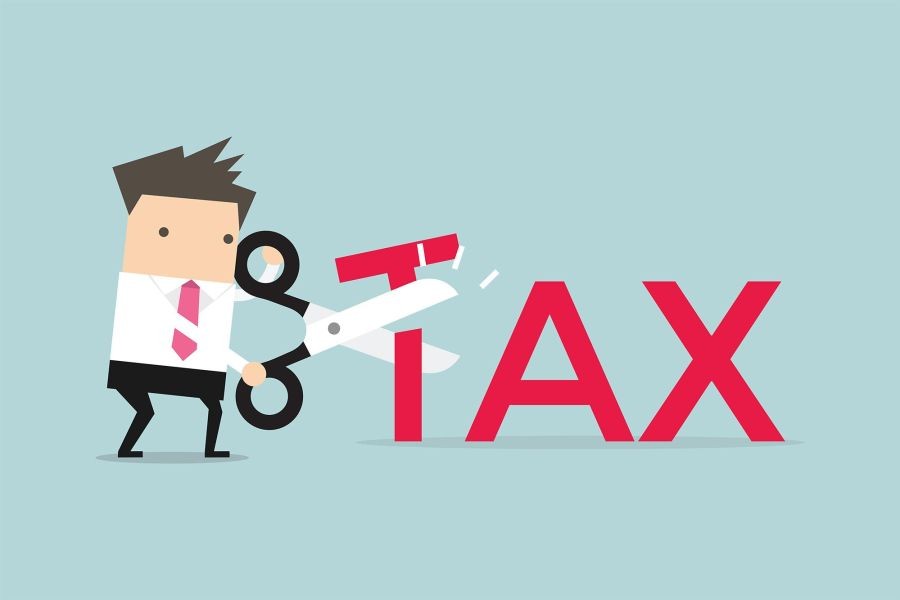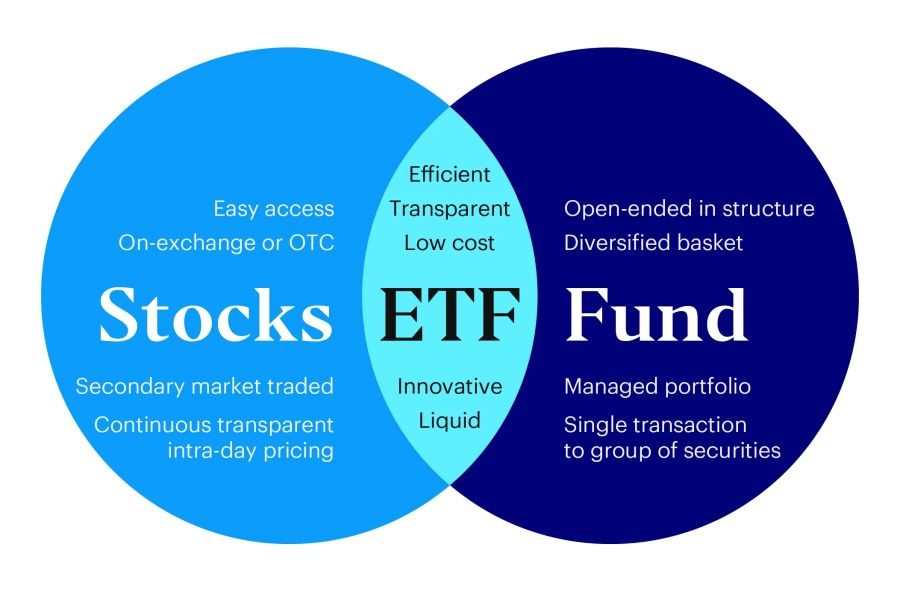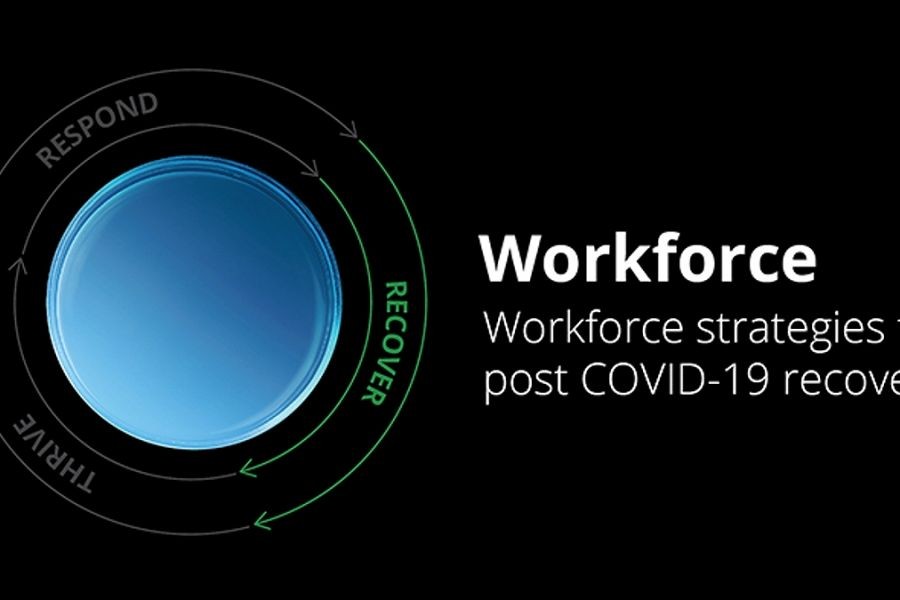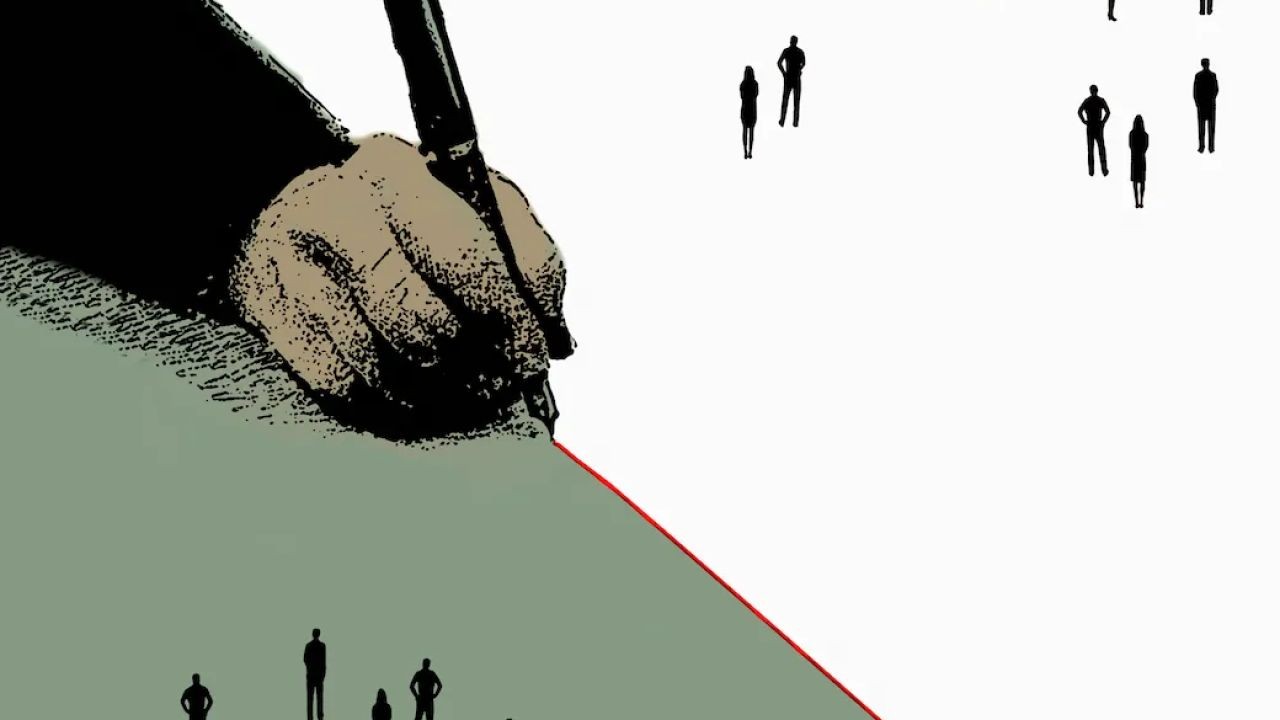In New Zealand, the pension system is a critical component of the financial landscape, especially for commercial real estate brokers who navigate the complexities of investment and long-term financial planning. The question of whether Kiwis are saving enough for retirement is not just a matter of individual concern but a significant economic issue that influences various sectors, including real estate. With an aging population and evolving economic dynamics, understanding the sufficiency of retirement savings in New Zealand is essential for informed decision-making.
The KiwiSaver Scheme: Foundation of New Zealand's Retirement Savings
Introduced in 2007, the KiwiSaver scheme is a government-backed initiative designed to encourage New Zealanders to save for retirement. It offers several advantages, such as employer contributions and annual government incentives. According to the Ministry of Business, Innovation and Employment (MBIE), over 3 million Kiwis are enrolled in KiwiSaver, indicating widespread participation. However, the question remains: is this enough?
Strengths of the KiwiSaver Scheme
- Accessibility: Automatic enrollment for employees ensures broad participation.
- Flexibility: Members can choose their contribution rates and investment funds.
- Government Incentives: Annual contributions of up to NZD 521.43 are available.
Challenges Facing the KiwiSaver Scheme
- Insufficient Contributions: Many Kiwis contribute only the minimum, which may not suffice for a comfortable retirement.
- Market Dependency: Investment returns are subject to market fluctuations, affecting long-term growth.
- Low Financial Literacy: A significant portion of the population lacks the knowledge to make informed investment choices.
Real-World Case Study: The Role of KiwiSaver in Real Estate Investments
Consider the case of Sarah, a 45-year-old commercial real estate broker in Auckland. Sarah has been part of the KiwiSaver scheme since its inception, contributing 3% of her income annually. As her retirement approaches, she faces the challenge of whether her savings will be sufficient to maintain her lifestyle.
Problem
Sarah is concerned that her current KiwiSaver balance will not be enough to cover her retirement expenses, especially since she plans to invest in a property to generate rental income.
Action
To address this, Sarah increased her contribution rate to 8% and diversified her investments by choosing a growth fund that aligns with her risk tolerance. She also consulted a financial advisor to explore other investment opportunities, including real estate.
Result
After five years, Sarah's KiwiSaver balance grew by 40%, providing her with a more robust financial cushion. Additionally, her real estate investment yielded a 6% annual return, supplementing her retirement income.
Takeaway
This case underscores the importance of proactive financial planning and diversification. KiwiSaver participants should regularly review their contributions and investment strategies to optimize their retirement savings.
The Broader Economic Context: New Zealand's Aging Population
According to Statistics New Zealand, the proportion of New Zealanders aged 65 and over is projected to increase from 15% in 2020 to 23% by 2043. This demographic shift places additional pressure on the pension system and highlights the need for adequate retirement savings.
Impact on Commercial Real Estate
The aging population presents both challenges and opportunities for the commercial real estate sector. On one hand, there is a growing demand for retirement villages and healthcare facilities. On the other hand, the decreasing workforce may impact economic growth and property demand.
Common Myths and Misconceptions About Retirement Savings in New Zealand
- Myth: "KiwiSaver alone will be enough for retirement." Reality: While KiwiSaver is a valuable tool, additional savings and investments are often necessary to ensure financial security post-retirement.
- Myth: "You can rely solely on government pensions." Reality: Government pensions provide a basic income, but they are unlikely to cover all living expenses, especially in regions with high living costs.
- Myth: "It's too late to start saving for retirement in your 40s or 50s." Reality: While starting earlier is beneficial, taking strategic actions even later in life can significantly enhance retirement savings.
Biggest Mistakes to Avoid in Retirement Planning
- Ignoring Inflation: Failing to account for inflation can erode purchasing power over time. Consider investments that outpace inflation.
- Over-relying on Property: While real estate is a valuable asset, over-reliance can limit liquidity. Diversify your portfolio.
- Neglecting Healthcare Costs: Failing to plan for potential healthcare expenses can deplete savings. Include health insurance in your retirement plan.
Future Trends and Predictions for New Zealand's Pension System
Given the current trajectory, several trends are expected to shape the future of retirement savings in New Zealand:
- Increased Personal Savings: As awareness grows, more Kiwis are likely to increase personal contributions beyond the KiwiSaver minimum.
- Technological Integration: Fintech solutions will play a crucial role in personalized financial planning and investment management.
- Policy Adjustments: The government may introduce policies to incentivize higher savings rates and address demographic challenges.
Conclusion and Call to Action
In conclusion, while KiwiSaver provides a solid foundation, it is not sufficient on its own for a secure retirement. New Zealanders, including those in the commercial real estate sector, must take proactive steps to enhance their savings and investment strategies. Consider increasing your KiwiSaver contributions, diversify your investments, and seek professional financial advice to optimize your retirement plan.
What's your take on New Zealand's pension system? Are you confident in your retirement savings strategy? Share your thoughts and join the conversation below!
Related Search Queries
- KiwiSaver contribution rates
- New Zealand retirement planning
- Best investment strategies for retirement
- Impact of aging population on economy
- How to diversify investment portfolio
































madelinemunger
9 months ago